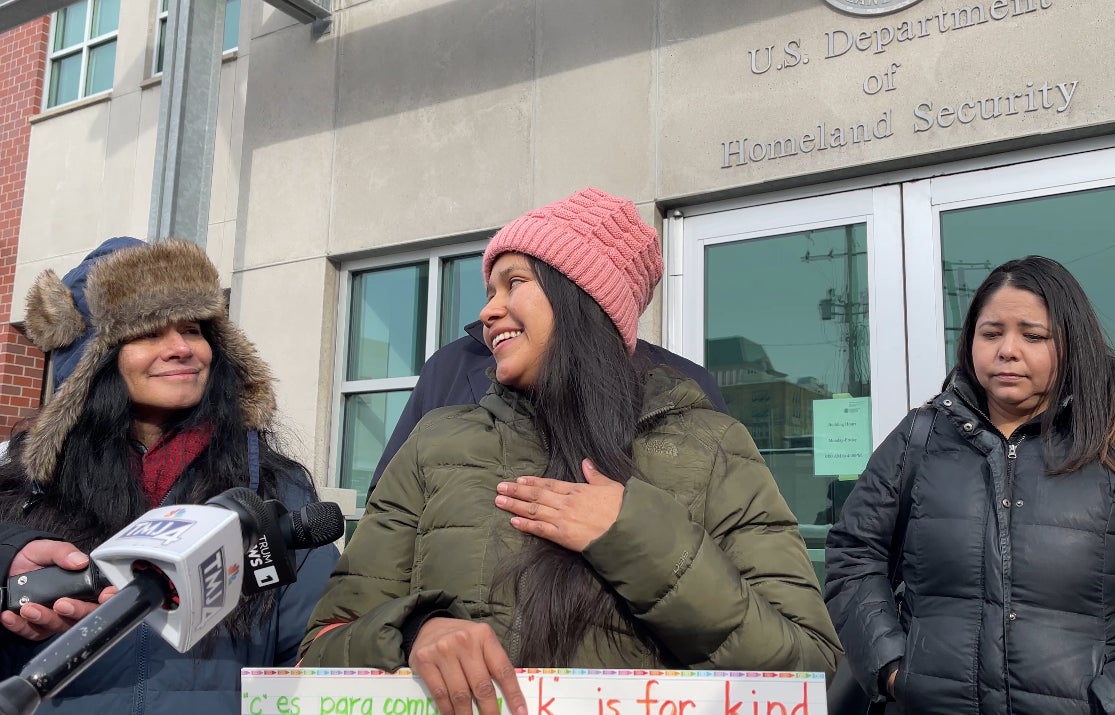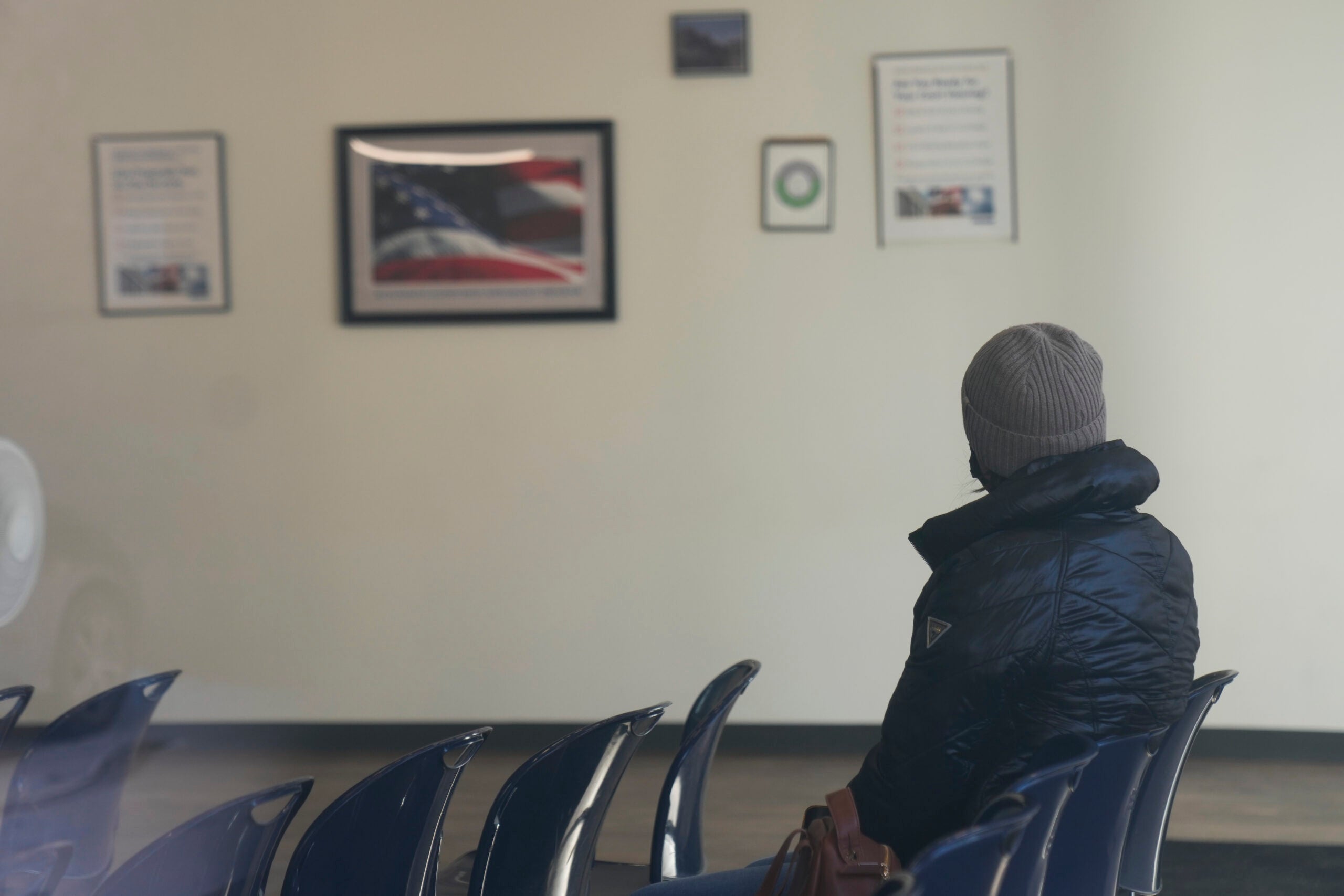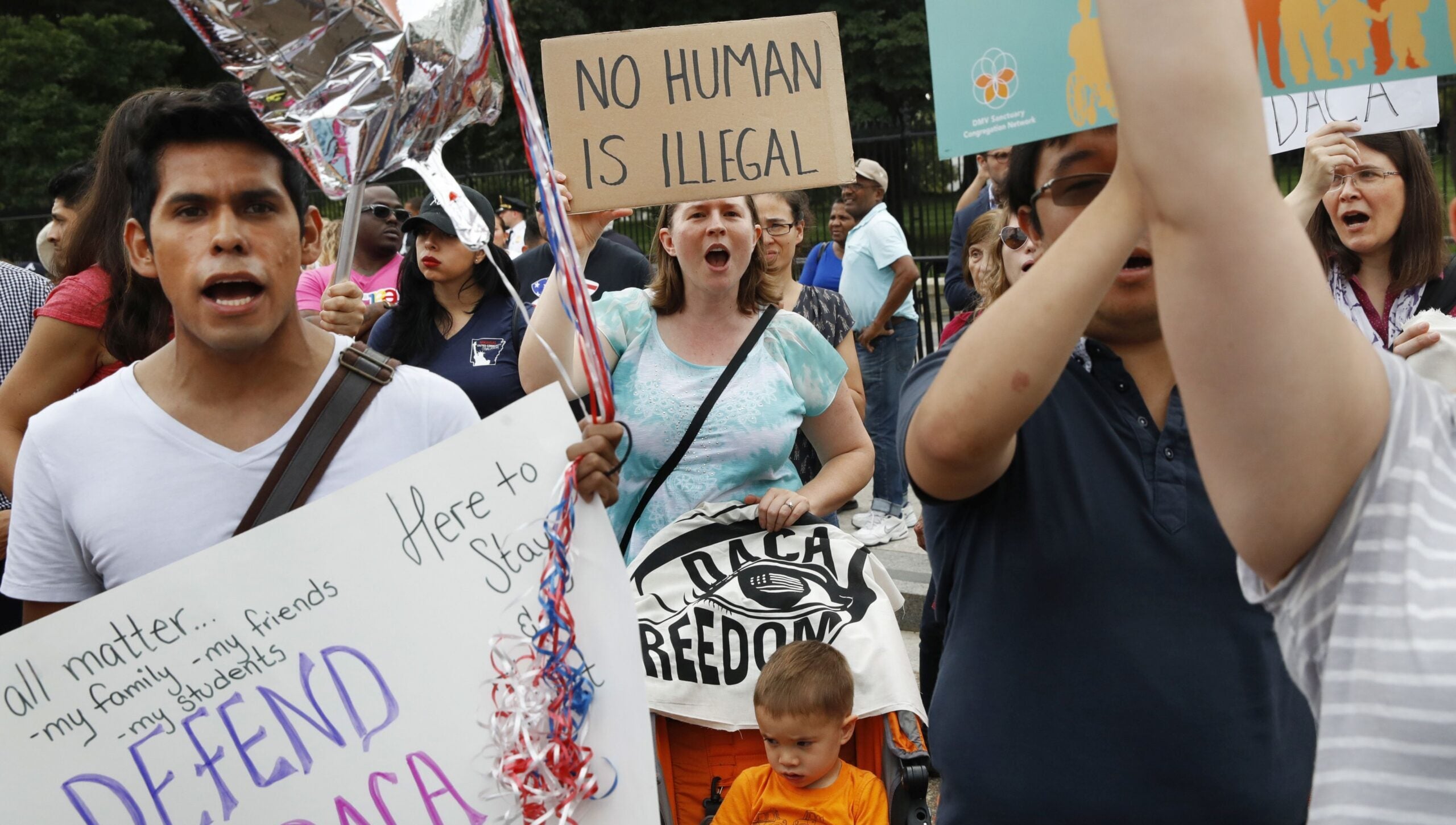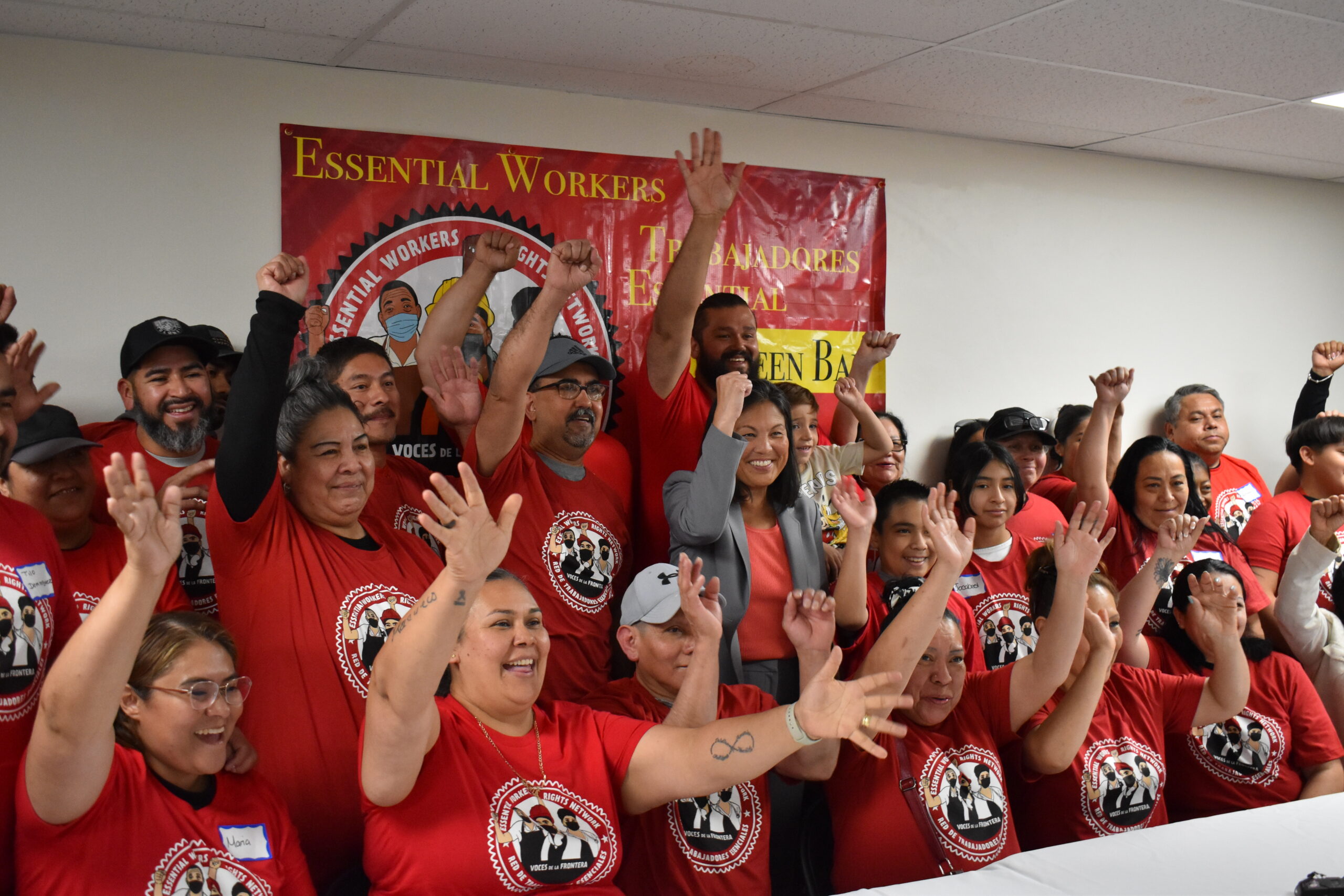Some Wisconsin business and immigrants rights groups say new executive actions by the Biden Administration on immigration will help address the state’s labor shortage. But they say larger federal immigration reforms are still needed.
The White House this week announced a new process that allows roughly 500,000 immigrants without permanent legal status who are married to American citizens to apply for lawful permanent residence. Another policy, the White House says, will make it easier for DACA recipients, or Dreamers, who graduated from a U.S. college to more quickly receive work visas.
After the president’s announcement, the Greater Madison Chamber of Commerce and Milwaukee-based immigrants rights group Voces de la Frontera Action released statements praising the executive actions.
Stay informed on the latest news
Sign up for WPR’s email newsletter.
In a statement, Christine Neuman-Ortiz, executive director of Voces de la Frontera, called President Joe Biden’s executive actions a “milestone” for immigrant workers, students and mixed-status families “who will finally find relief from the threat of deportation and family separation.”
The Greater Madison Chamber specifically praised the actions aimed at helping beneficiaries of the Deferred Action for Childhood Arrivals program.
Zach Brandon, president of the Madison chamber, told WPR that the organization has been advocating for a pathway to citizenship for DACA recipients for years. He said the state has nearly 6,000 Dreamers, most of whom are prime-working aged.
“When you’re thinking about how you can take immediate steps to mitigate the challenges that almost every business is having, which is access to talent, doing something that allows more people to move into more roles with more certainty is a step in the right direction,” he said.
The U.S. Chamber of Commerce has previously said the country’s “inadequate” immigration system “is directly contributing” to the national worker shortage, but it has yet to weigh in on Biden’s plan.
In Wisconsin, there have been more job openings than job seekers since mid-2021, according to state data. The state has also experienced relatively slow population growth over the last decade. From 2010 to 2020, Wisconsin’s population grew by 3.6 percent, lower than the national population growth of 7.4 percent.
“Due to demographic realities, Wisconsin’s economy would benefit from immigration reforms,” said Pam Fendt, president of the Milwaukee Area Labor Council, in an email.
At a press briefing Thursday announcing the state set new records for employment and private jobs, state Department of Workforce Development economist Scott Hodek said the department doesn’t generally comment on policies like immigration.
“All I could say is that anything that increases the overall number of a population that’s available to be part of the labor force should have an increasing effect on our overall labor force,” he said.
Advocates say more reforms needed at state, national levels
While the Madison chamber and Voces de la Frontera say Biden’s executive actions are a step in the right direction, they say more work needs to be done at the state and federal levels.
At the state level, Brandon pointed to a bipartisan package of bills that would’ve allowed DACA recipients to access in-state tuition and professional licenses. Despite being introduced by Republicans, those bills failed to reach the governor’s desk.
“There are people who want to be barbers, who want to be nurses, and they can’t,” he said. “There are people who want to go to college and pursue the American dream. But they’ve got to pay out-of-state tuition, even though they’ve only known Wisconsin as home.”
In an interview, Neuman-Ortiz called restrictions on tuition and licensing, as well as the state prohibiting immigrants without legal residency from getting driver’s licenses, “discriminatory.” She said she hopes those issues can be addressed in 2025, when a new Legislature takes office.
“This will be the first election in August, in the primary, and then in November, where we will have new electoral districts that reflect the will of the people,” she said. “We’re very excited.”
At the federal level, Brandon said Congress has been at an impasse for far too long when it comes to trying to find a permanent solution that would give Dreamers a clearer pathway to citizenship.
“The vast majority of Americans agree — in fact, the vast majority of policymakers agree — but it’s being trapped in this larger debate around border security, immigration policy (and) asylum seekers,” he said. “It’s time that we move past pointing the finger at one side of the aisle or the other and get some tangible solutions on the table.”
Similarly, Neuman-Ortiz said the U.S. immigration system is outdated and needs to be overhauled to make it more straightforward for families looking to build a better future.
She also said there needs to be more pathways to citizenship for immigrants who have been in the United States for decades to come forward without the threat of deportation.
“If you want more security and more safety, the best thing is to have a working immigration system because then you know who folks are,” Neuman-Ortiz said.
Wisconsin Public Radio, © Copyright 2025, Board of Regents of the University of Wisconsin System and Wisconsin Educational Communications Board.




